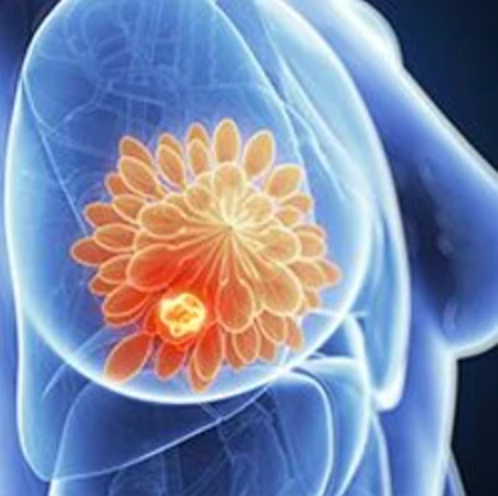Commentary
Video
Dr Melenhorst on the Evolving Understanding of CAR T-Cell Therapies in CLL
Author(s):
Jan Joseph Melenhorst, PhD, discusses the evolving understanding of the use of CAR T-cell therapies in the treatment of patients with chronic lymphocytic leukemia.
Jan Joseph Melenhorst, PhD, vice chair, Center for Immunotherapy & Precision Immuno-Oncology Director, Cell Therapy & Immuno-Engineering Program, Lerner Research Institute, Cleveland Clinic, discusses the evolving understanding of the use of CAR T-cell therapies in the treatment of patients with chronic lymphocytic leukemia (CLL).
Going back more than a decade, CAR T-cell therapies have continued to emerge as treatment options for patients with various types of hematologic malignancies, Melenhorst begins. Ongoing investigations and research have allowed for newer generations of CAR T-cell therapy to be optimized, he notes. However, researchers and investigators are still working toward finding a way to integrate CAR T-cell therapy into the CLL treatment paradigm, Melenhorst says. He notes that resistance is a challenge and represents an unmet need in patients with CLL.
One potential approach to overcome this resistance being investigated in a phase 1 trial (NCT02640209) is the use of ibrutinib (Imbruvica) in combination with anti-CD19 CAR T-cell therapy in patients with relapsed/refractory CLL who achieved partial response or stable disease following treatment with ibrutinib. Combination approaches with CAR T-cell therapy will be area of focus has been the next phase of investigations, and the use of other agents in these combinations could help drive higher response rates for CAR T-cell therapies in patients with CLL, Melenhorst emphasizes.
Moreover, ongoing investigations within the CLL landscape have deepened the understanding of the disease’s biology, Melenhorst continues, noting that research has shown that CLL primarily localizes in the lymph nodes. This research has also shown that CLL cells localized in the lymph nodes are biologically distinct from those in circulation, he explains. Notably, these studies have revealed more profound responses were observed in the lymph nodes compared with circulating CLL cells, he adds. Therefore, further comprehending the biology of CLL and integrating those data into the development of novel CAR T-cell therapies and combination treatments could significantly enhance the effectiveness of these treatments, Melenhorst concludes.









